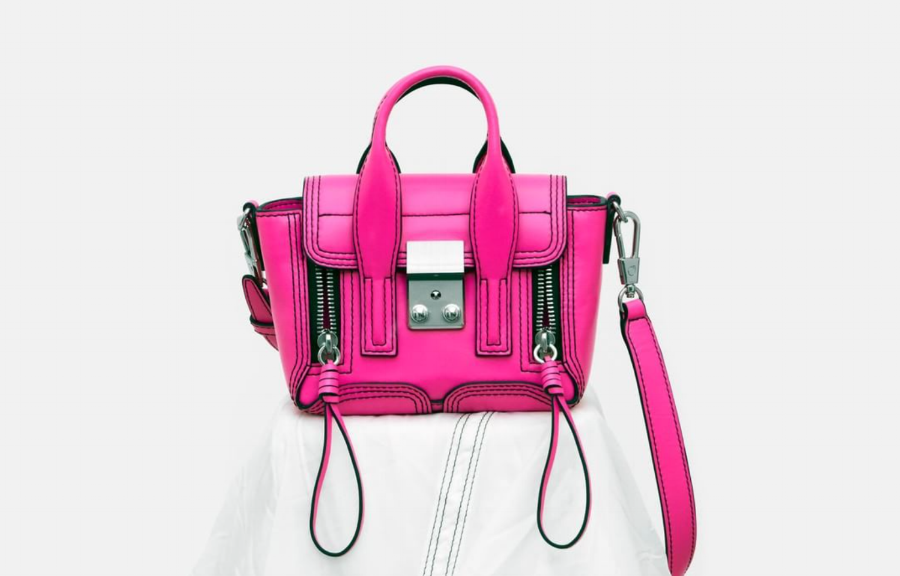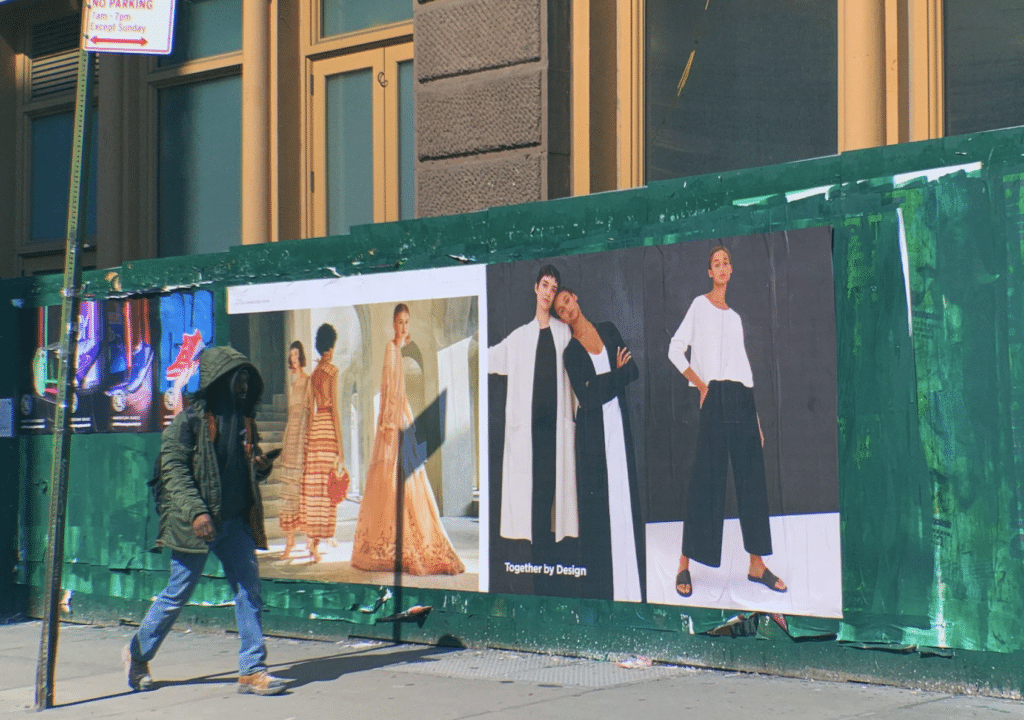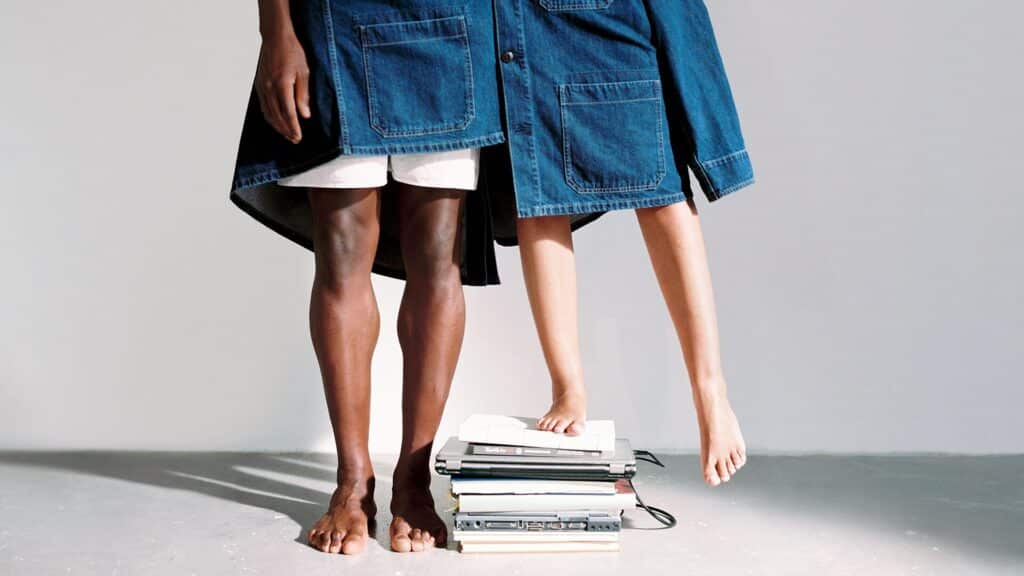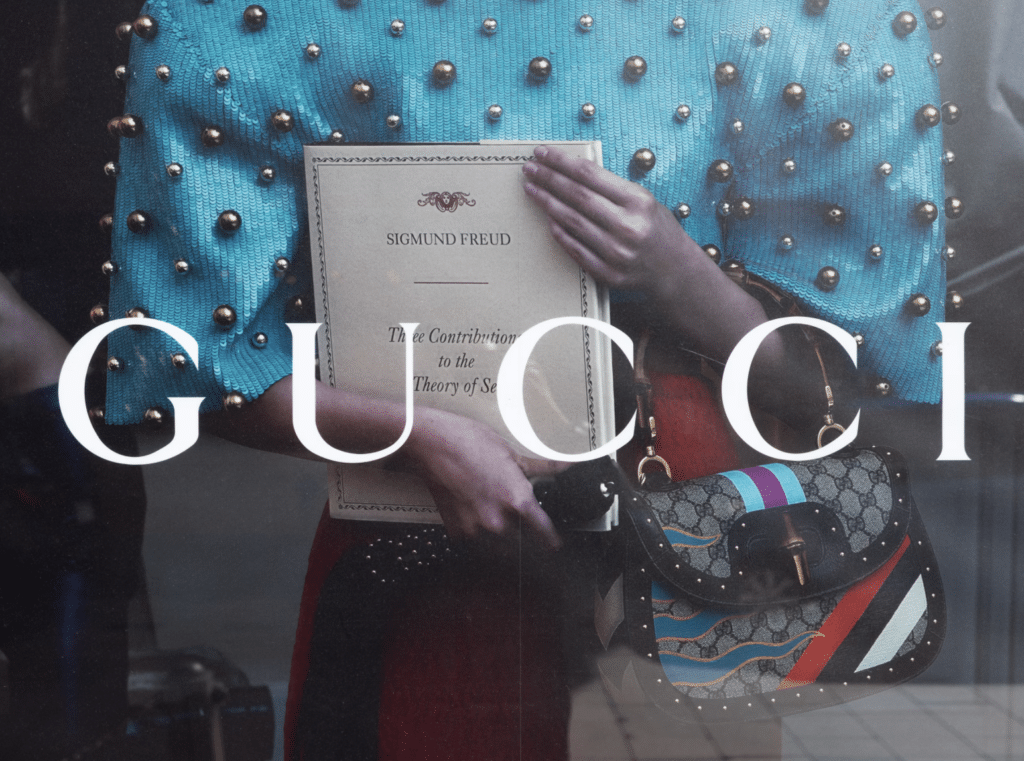
image: 3.1 Phillip Lim
Consumer goods, including handbags, are on a new list of items that will likely be taxed in furtherance of Donald Trump’s trade war with China. Following from announcements this spring by the U.S. Trade Representative (“USTR”) that the U.S will impose tariffs on steel and aluminum imports, as well as an additional 1,300 products, a new list of proposed tariffs on Chinese goods, ones with a value of $200 billion, has been released by the USTR in the midst of a trade war centering on China’s alleged theft of American technology.
The newest round of tariffs – which could take effect after public consultations end on August 30th, according to a statement from USTR – would see a 10 percent tax levied on consumer goods ranging from human hair and wigs to baseball gloves, handbags, and digital cameras. Spared for now: Garments and footwear, which are two of the most heavily taxed types of products imported into America.
Just as with the preceding rounds, the impending tariffs are intended to punish China for deploying “strong-arm tactics in its drive to become a global technology power,” as noted by the Associated Press. “These include pressuring American companies to share technology to gain access to the Chinese market, forcing U.S. firms to license their technology in China on unfavorable terms and even hacking into U.S. companies’ computers to steal trade secrets.”
China, which has already levied $34 billion dollars in tariffs on American-made goods, has said it will be “forced to retaliate” in response to Tuesday’s announcement, and retail groups and lobbyists say that the American consumer is the one that stands to lose the most thanks to the tariffs.
The Retail Industry Leaders Association, a lobbying group, told Bloomberg that U.S. businesses and consumers will lose from the administration’s trade battle. The American Apparel & Footwear Association also said Trump’s move would negatively impact consumers in the U.S., a sentiment that has not been lost on the fashion industry, in large part because China is no longer just the home of manufacturers of dirt-cheap fast fashion.
Thanks to brands like Prada, Phillip Lim, and Balenciaga, the latter of which moved the production of its wildly popular Triple S sneaker out of Italy, a “Made in China” label is not what it used to be. Miuccia Prada has been boasting about the manufacturing capabilities of the Far East nation for years, saying in 2011, “Sooner or later, it will happen to everyone because [Chinese manufacturing] is so good.” Phillip Lim has also made it part of his New York-based brand’s mission to help destigmatize Chinese-made products, declaring last year: “For us being ‘Made in China’ was a privileged thing – our products were being made by the most skilful, talented people.”
With this in mind, in at least two letters addressed to the president this spring, U.S. apparel and footwear brands, and the American Apparel and Footwear Association (whose members include Calvin Klein, Jimmy Choo, Marc Jacobs, Stuart Weitzman and Ralph Lauren, among others) called on Trump not to impose unilateral tariffs on China in response, as such as tariff “would punish American working families with higher prices on household basics like clothing, shoes, electronics, and home goods.”














